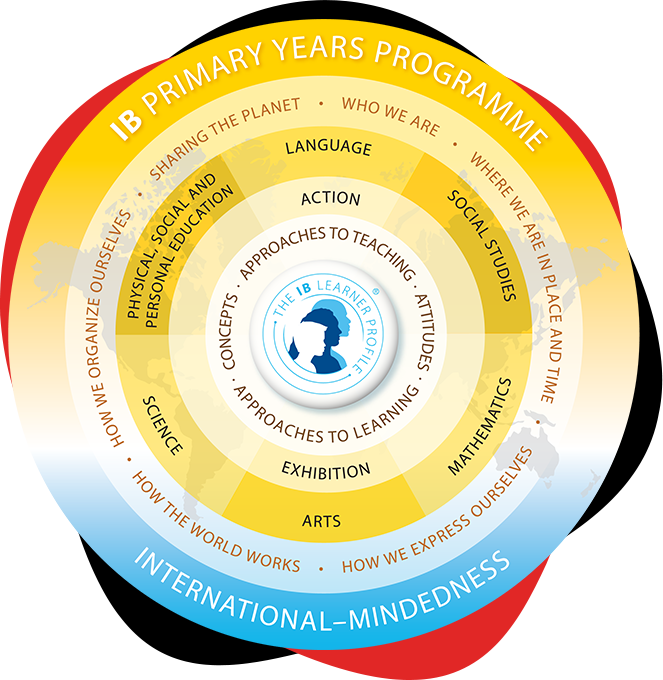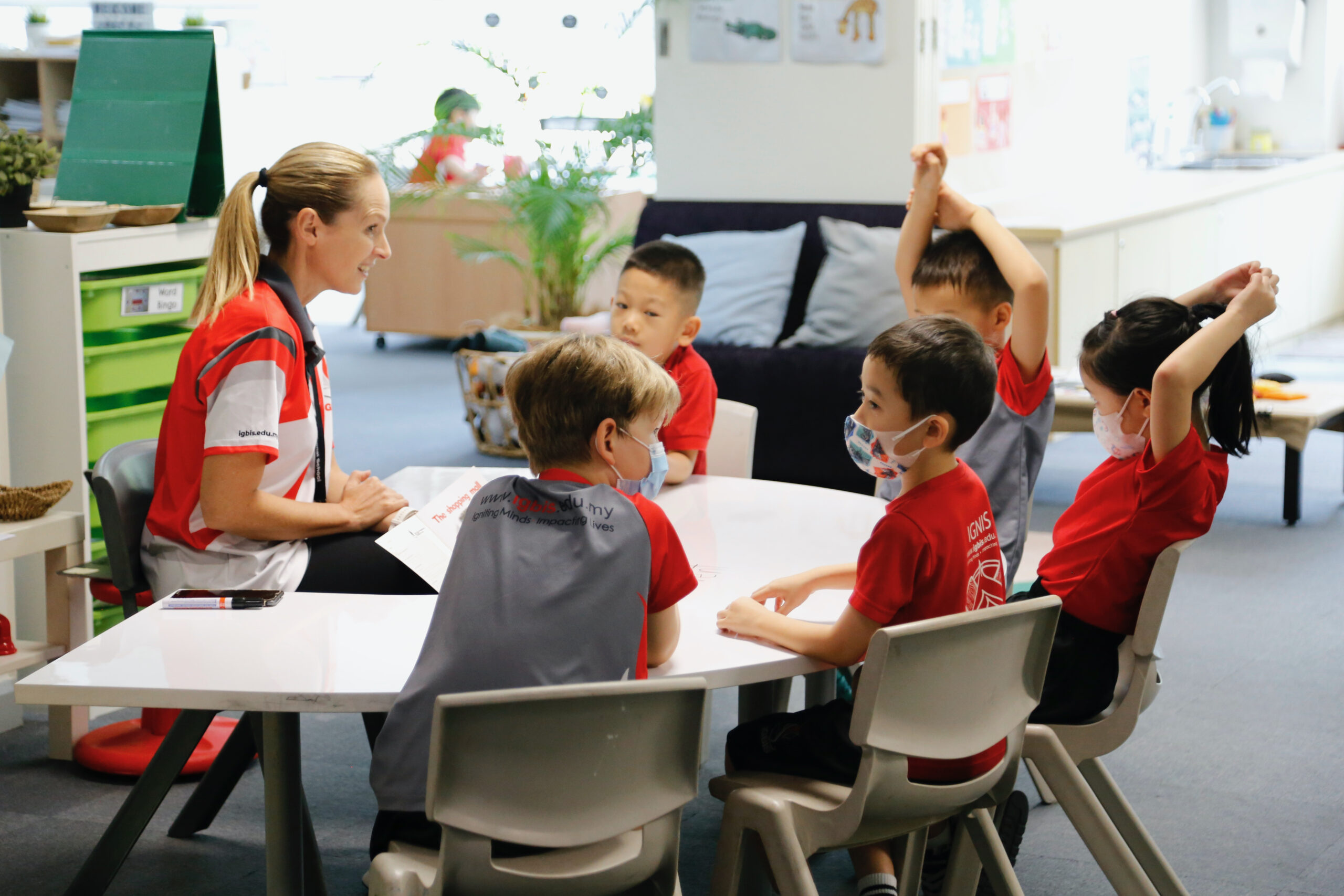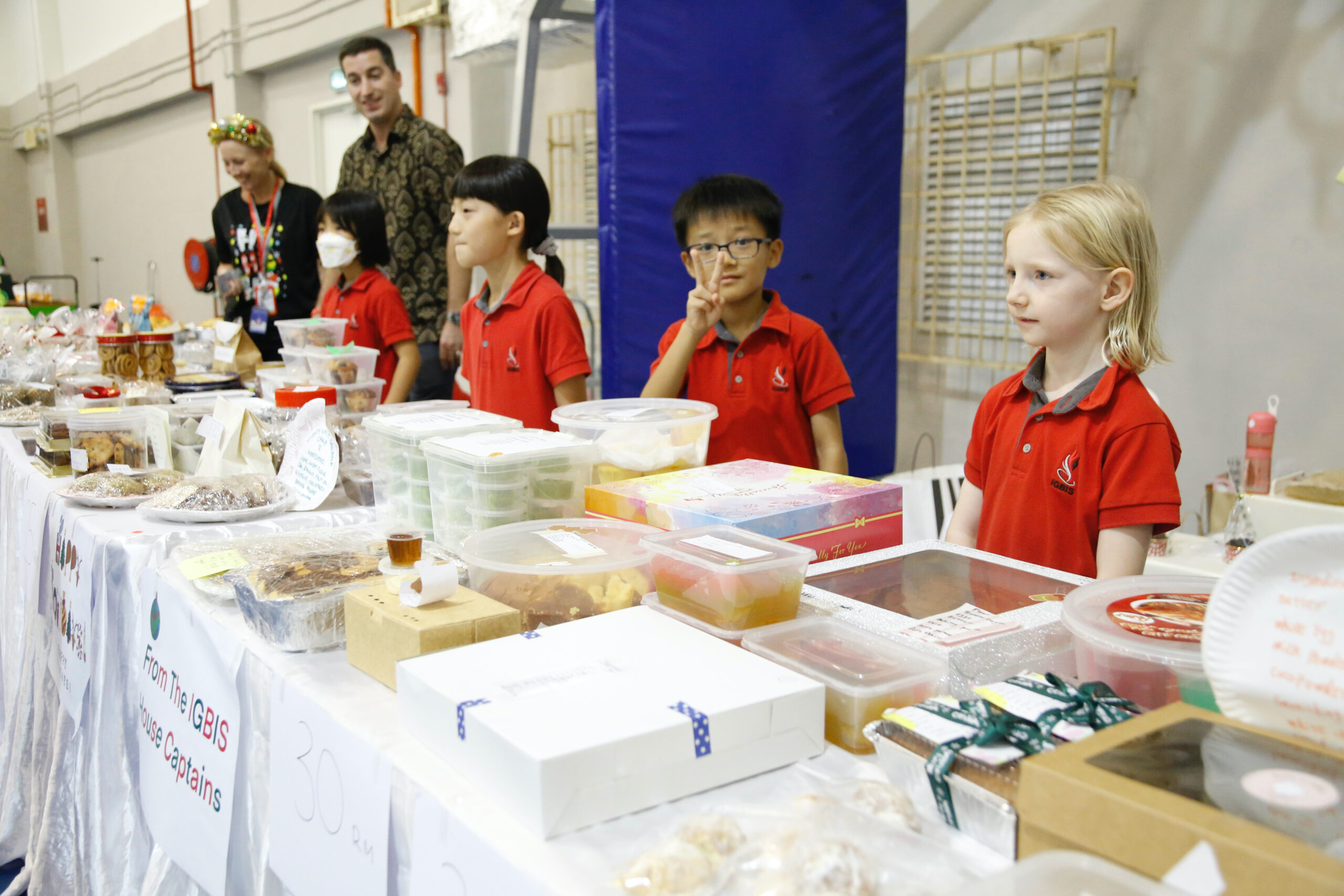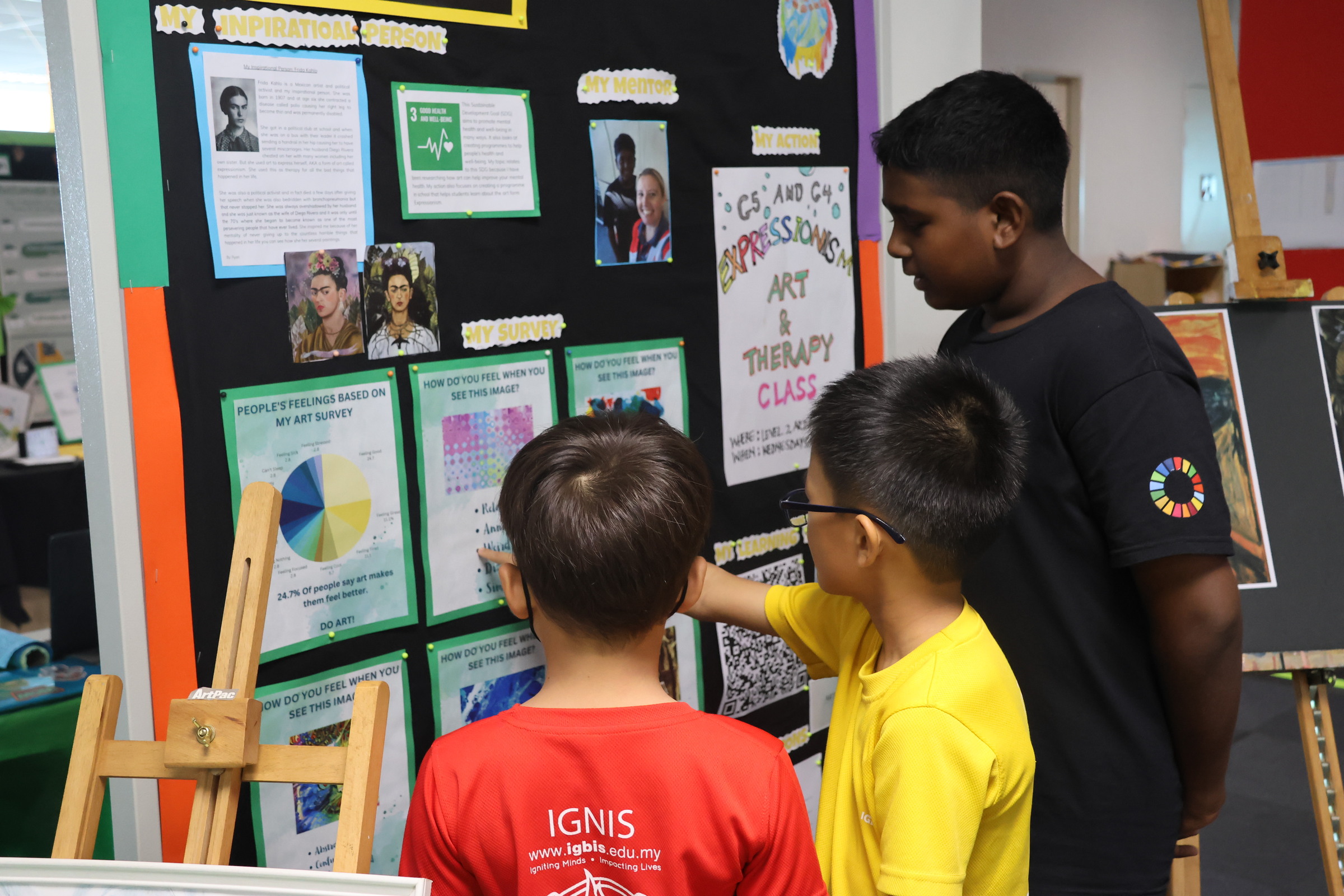IB Primary Years Programme (G1 - G5)
Home / Elementary / IB Primary Years Programme (G1 - G5)
IB Primary Years Programme
In the PYP, most of the teaching and learning centres around the design of the transdisciplinary units of inquiry (six bodies of knowledge that the IB has identified as essential for learning) that involve multiple areas of study being woven together instead of subjects being taught separately all the time. Each unit:
- is an engaging, challenging, relevant, and significant experience;
- contributes to a school-wide programme of inquiry that is framed in terms of transdisciplinary themes (bodies of knowledge) of global significance;
- draws together elements of different subject areas to support the exploration of a central “big” idea;
- is planned by teams of teachers working in collaboration, guided by a set of key questions that focuses on concepts
- involves students in a range of learning experiences planned in response to the lines of inquiry;
- builds on prior knowledge of the students;
- is constructed and conducted in a way as to promote positive attitudes and provide opportunities for socially responsible action; and
- requires students to reflect on and take responsibility for their learning.
At IGBIS we believe in the importance of assessment and reflection informing our teaching and learning. Student progress is monitored and documented in many ways to help teachers build a picture of each student’s growth, knowledge, skills and big understandings. A range of assessment tools and strategies are used to allow students with different learning styles to succeed. All assessments are based on criteria for success, which are shared with the students in an age-appropriate manner. Assessments focus on what students can do and inform our teaching and learning experiences we design and implement. Assessment includes:
- assessment for learning: identifying what students already know in order to clarify the starting point for teaching and learning experiences.
- assessment as learning: ongoing assessment which helps the teacher to plan for student needs and the next steps for student learning.
- assessment of learning: finding out how far students have progressed at the end of a unit of teaching.
- self and peer assessment and feedback: students are involved in making assessments about their own progress and that of their peers.
In the final year of the PYP, students engage in an exhibition—a student-led inquiry—into a subject of interest to them. This is both a demonstration of student agency [their own “voice”] and a reflection on students’ capacity to orchestrate their own learning. The exhibition offers students the opportunity to put their interests, transdisciplinary thinking, knowledge, conceptual understandings, skills and attributes of the learner profile into action. They undertake their investigation both individually and with their peers, together with the guidance of a mentor, who can be from within or outside the school community. Our PYPX focus on the UN’s Sustainable Development Goals as students use the SDG’s to generate a meaningful project that can help make the world a better place ranging from issues that include the environment, human rights, climate and environmental science, and more.
Through the PYPX, students develop “real-world” competencies to further their education and connect with life beyond school. The exhibition and its benefits are important reminders of the powerful educational effect when student agency, and the agency of the community, are combined with a transdisciplinary curriculum.
(PYP Prinicples into Practice, 2018)More About Us
Extracurricular Activities
IGBIS offers a wide range of extracurricular activities and diverse athletics programmes that complement our IB curriculum, providing students with opportunities for personal development, teamwork, and growth in arts, sports, and leadership, fostering a well-rounded and balanced learning experience.







